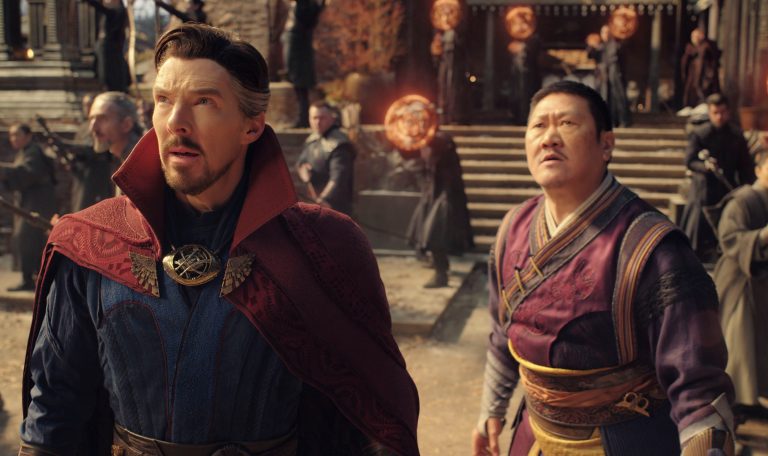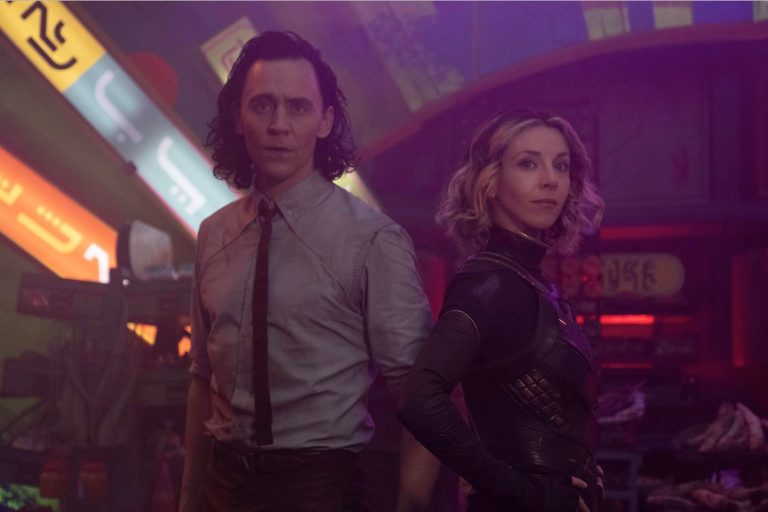You’re not sick of the multiverse – you’re sick of bad movies
If you’ve ever read a comic book, you’ve probably encountered the multiverse as a plot device. Marvel and DC have each utilized the multiverse to conjure up different versions (or variants) of their long-standing characters in order to tell new stories or approach old stories in new ways. In recent years, Hollywood has become increasingly obsessed with the multiverse as well, and the resulting movies have varied wildly in quality, especially since the pandemic.
A vast majority of the multiverse movies that have hit theaters in recent years have been part of the MCU, as Marvel Studios is currently in the middle of its Multiverse Saga. We got a glimpse of the multiverse in Avengers: Endgame, but virtually every Marvel show and movie since 2019 has had something to do with alternate realities.
At first, that was an exciting prospect, as the possibilities were (quite literally) endless. Endgame showed us that there were countless variants of our favorite heroes and villains. Spider-Man: No Way Home managed to integrate two separate movie franchises into the MCU. Loki and Doctor Strange in the Multiverse of Madness (though the former was more successful than the latter) hinted at the chaos to come if the many timelines started colliding.

While not everyone was on board, the potential of the multiverse was clear. But the proliferation of the multiverse stories coincided with a drastic dip in quality for the MCU. As we’ve pointed out on numerous occasions, the three worst-rated Marvel movies on Rotten Tomatoes are all part of the Multiverse Saga. Ant-Man and the Wasp: Quantumania somehow has an even lower rating than Eternals, which is quite an impressive achievement.
Combine Marvel’s struggles with the flaming disaster that was DC’s multiversal extravaganza, The Flash, and you could see why audiences are begging movie studios to leave the multiverse. Here’s the thing: I don’t think the multiverse is the problem. Yes, it’s a fad that will eventually lose its luster, as fads do, but we’re also just four months removed from Everything Everywhere All at Once winning seven Academy Awards, including Best Picture.
The problem is that many multiversal experiments have been miserable failures.
Let’s take a look at recent movies and shows in which the multiverse was a key plot point:
- Zack Snyder’s Justice League (2021)
- Loki (2021)
- What If…? (2021)
- Spider-Man: No Way Home (2021)
- Everything Everywhere All at Once (2022)
- Morbius (2022)
- Doctor Strange in the Multiverse of Madness (2022)
- Sonic Prime (2022)
- Mila in the Multiverse (2023)
- Ant-Man and the Wasp: Quantumania (2023)
- Spider-Man: Across the Spider-Verse (2023)
- The Flash (2023)
This certainly isn’t an exhaustive list, and it doubles in size if you go back a few years to include Rick and Morty, The Man in the High Castle, J.J. Abrams’s Star Trek movies, and others. But I’d like to make two observations. The first is that this isn’t quite as much multiverse-centric content as I expected, considering how often I hear people complaining about everything being set in a multiverse now. The second is that the worst entries on this list are really awful.

Morbius may just be the worst comic book movie of the decade so far, The Flash is going to end up losing well over $100 million for Warner Bros. Discovery, Doctor Strange 2 and Ant-Man 3 are arguably two of the worst entries in the MCU, and although it was a significant improvement over the original, Zack Snyder’s Justice League failed to save the old DCEU.
But it wasn’t the multiverse that let these movies down. Despite the supposed multiverse fatigue we’re all experiencing at the moment, Across the Spider-Verse has made over $600 million in theaters and has also received universal acclaim from critics and moviegoers alike. And we already discussed all of the awards that Everything Everywhere All at Once won.
My belief is that audiences aren’t concerned about the skeleton of a story if the story sweeps them off their feet. We’ll watch as many shows about doctors, lawyers, chefs, and families as you can throw at us, as long as they have compelling plots and solid performances. The Bear might be the best show on TV at the moment, but it’s not because it’s yet another show about food — it’s because the cast is astounding, the writing is amazing, the pacing is ferocious, and the emotional beats land every. single. time. I can’t say the same about Quantumania.

All of this is to say that I think we are directing our complaints to the wrong source. No, not every movie or show needs to explore the multiverse, but we need to demand more from the ones that do. We are not going to keep showing up just because Ben Affleck and Michael Keaton both put on the Batsuit in the same movie or because there’s a small chance Tom Holland will eventually be coerced into fighting Venom in Sony’s Spider-Man Universe.
Like any other plot point, the multiverse can be the foundation upon which a fascinating story rests or a gimmick that squanders the potential of all the talented people working on a project. Far too often, it’s the latter, but if Everything Everywhere and Spider-Verse proved anything, it’s that the multiverse is a lush playground for storytellers that know how to use it.
For all the latest Entertainment News Click Here
For the latest news and updates, follow us on Google News.

